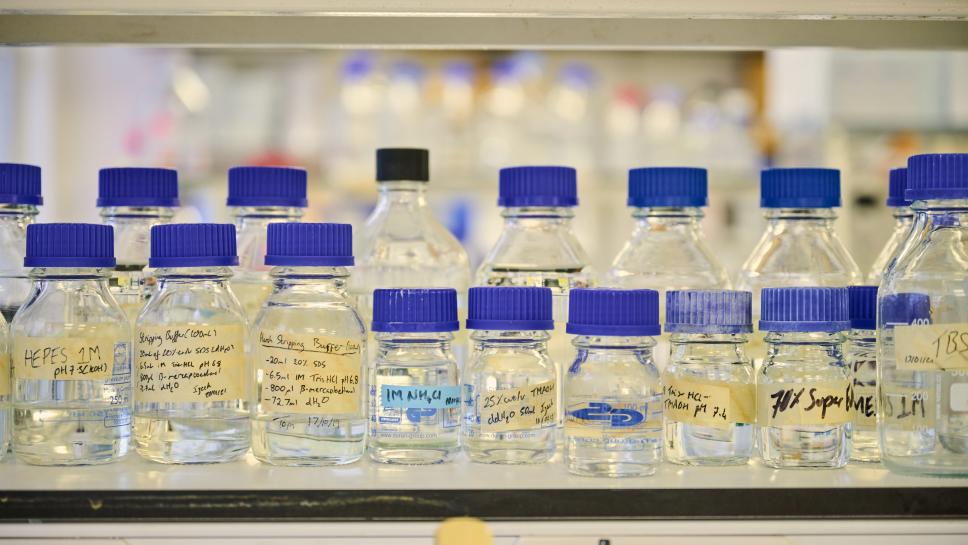A recent study suggests that the way clinical trials for Duchenne muscular dystrophy are designed could be changed. This could allow researchers to recruit participants from a larger pool of available candidates – leading to faster timelines.
New findings may increase the speed of research into treatments for Duchenne muscular dystrophy

Future research into treatments for Duchenne Muscular Dystrophy (DMD) could be made faster and easier following pioneering work by international scientists. DMD is caused by a variety of genetic changes that prevent the body from producing dystrophin — a protein that increases the strength of our muscles. People who have DMD (mostly boys and adult men) therefore lack muscle strength, which leads to movement and speech difficulties, and eventual heart or lung failure.
The need for “matched” placebo groups in treatment trials
Researchers are currently developing multiple treatments that aim to reduce the severity of DMD symptoms. However, the research is made more difficult by the need to include a placebo group (also known as the control group). This is so they can investigate if a treatment is working well, by testing whether participants who received the treatment perform better than participants in a placebo group who receive a mock treatment.
Although DMD can be caused by many different genetic changes, participants in the treatment and placebo groups are normally required to have DMD that is caused by the same genetic mutation. This ensures that any measured differences within the trial are due to the treatment itself, rather than the genetic variety between the participants in treatment and placebo groups. Unfortunately, this requirement for a “matched” placebo group limits the number of participants available, which slows enrolment and research speed, particularly for rare conditions such as DMD.
The new research
To address this issue, a group of international scientists, led by Professor Francesco Muntoni at University College London, measured how over 700 people living with DMD, who have many different genetic mutations, performed a range of complex movement tasks. They then tested how the same people performed the same tasks again one year later.
The results revealed that the genetic makeup of each participant did not seem to lead to noticeable changes in movement ability over the course of the year. In fact, different genetic mutations were responsible for just 2% of the changes in movement ability.
What does this mean for future research into DMD treatments?
These results are important because they show that researchers might be able to design their trials differently in the future. As shown in this study, matching participants in treatment and placebo groups according to their genetic mutation does not have much impact on movement measurements. Consequently, future studies may be able to use “unmatched” groups, containing people with DMD caused by a mixture of genetic changes. This will make it much easier to recruit participants, because it increases the overall pool of people available for trials, which should speed up research into DMD treatments that will improve the lives of people with the condition.
Original article is available here.
‘What’s new in research’ is our monthly blog series featuring recent advancements in research into muscle-wasting conditions. Each month, we choose a research article that will be summarised for you by our research communications volunteers, all of whom have backgrounds in various fields of research.
This ‘What’s new in research’ piece was written Samuel Day. Sam is a doctorate student (DPhil) in Experimental Psychology at the University of Oxford. His own research project focuses on how facial expressions are processed during social interaction, yet he enjoys communicating about all scientific research. The subject of muscle wasting is particularly close to his heart, because his cousin Kevin passed away with a muscular dystrophy condition aged just 16.
Sam already wrote another What’s new in research piece, which you can read here.


